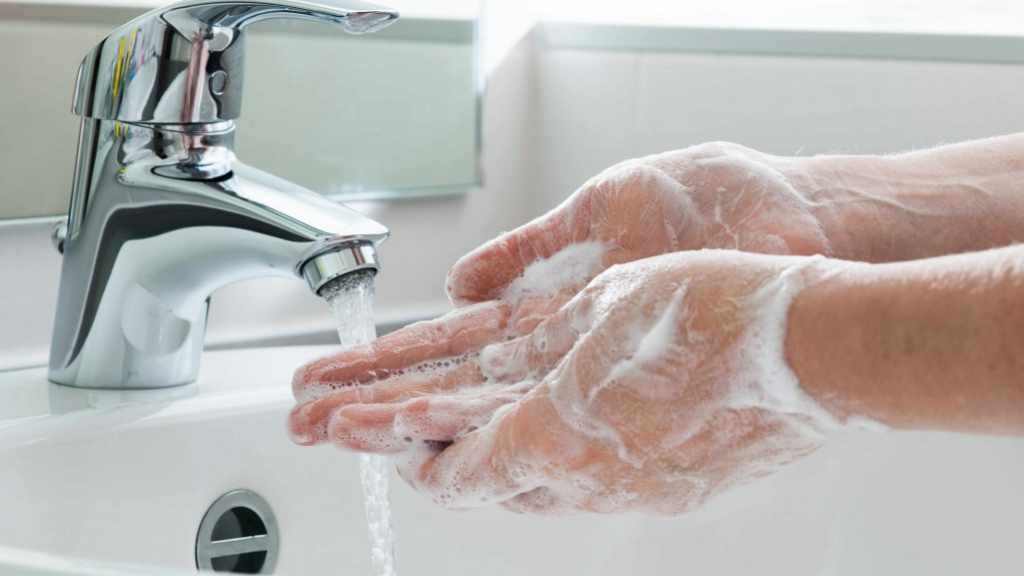-
Featured News
What do you know about shigellosis?

Washing your hands is key to helping stop the spread of bacteria.
Shigella infection (shigellosis) is an intestinal disease caused by a family of bacteria known as shigella. The main sign of shigella infection is diarrhea, which often is bloody.
Shigella can be passed through direct contact with the bacteria in the stool. For example, this can happen in a child care setting when staff members don't wash their hands well enough after changing diapers or helping toddlers with toilet training. Shigella bacteria also can be passed in contaminated food or by drinking or swimming in contaminated water.
Children between the ages of 2 and 4 are most likely to get shigella infection. A mild case usually clears up on its own within a week. When treatment is needed, doctors generally prescribe antibiotics.
Infection occurs when you accidentally swallow shigella bacteria. This can happen when you:
- Touch your mouth. If you don't wash your hands well after changing the diaper of a child who has shigella infection, you may become infected yourself. Direct person-to-person contact is the most common way the disease is spread.
- Eat contaminated food. Infected people who handle food can transmit the bacteria to people who eat the food. Food can also become contaminated if it grows in a field that contains sewage.
- Swallow contaminated water. Water may become contaminated either from sewage or from a person with shigella infection swimming in it.
Although some people have no symptoms after they've been infected with shigella, their feces may still be contagious up to a few weeks.







